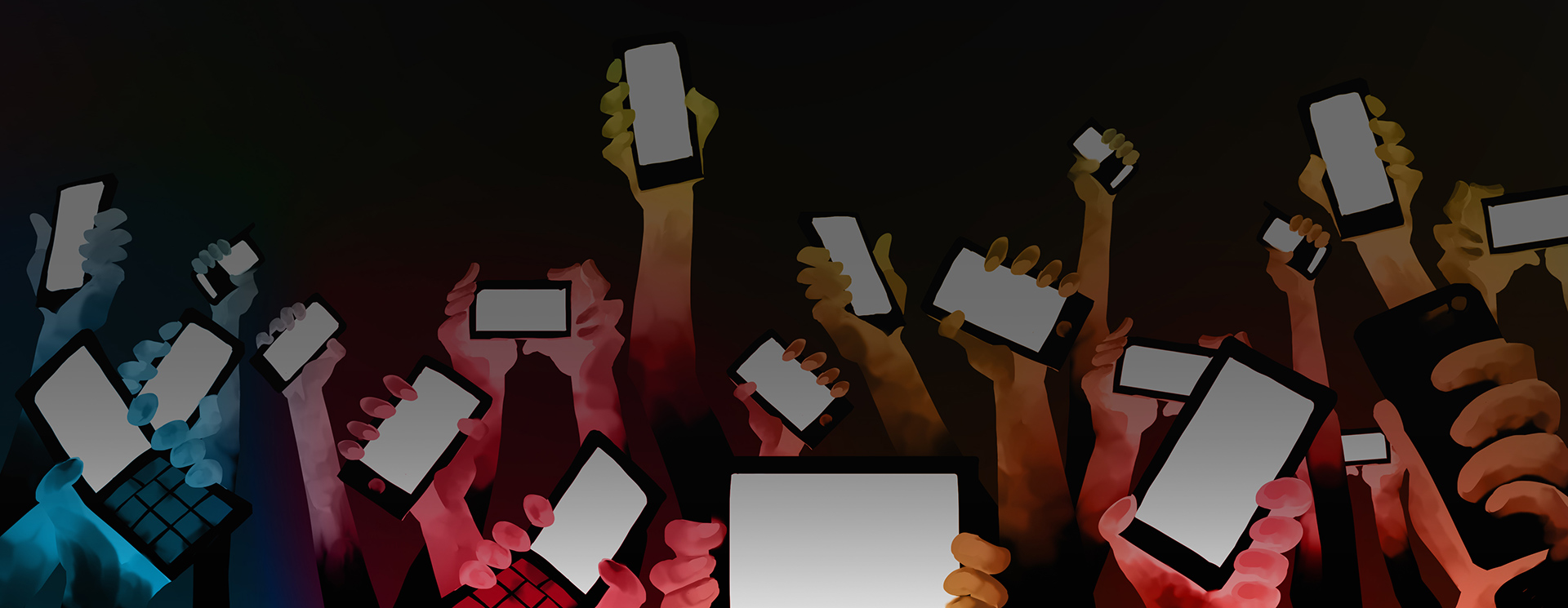UPDATE: Check out our video message about the battle to stop the app-blocking bill, and join the fight for digital rights.
Last week the legislature of the City of Buenos Aires introduced a bill to grant local authorities the power to block websites and apps. Thanks to forceful push-back by digital rights experts and internet users, that bill has been now suspended. Yet lawmakers might still insist on advancing it at a later date. Here’s why blocking entire sites and apps to punish criminal activity online is rarely appropriate or feasible.
Blocking bill sparks controversy
First, some background. In early August, Buenos Aires city lawmakers Daniel Presti and Claudio Palmeyro introduced a bill to extend the powers of local criminal justice officials. Under this new grant of authority, officials would be able to demand that particular websites and apps be blocked without a court order, implementing bans effective all across the city of Buenos Aires.
The proposal provoked a strong reaction in the internet community in Buenos Aires. Together, civil society groups, companies, academics, and technologists sent a joint letter to legislators explaining in detail the legal and technical problems with the bill.
Access Now also launched a petition to help internet users speak out against the bill, which has now collected more than 20,000 signatures and counting. This got the attention of the national press, which is taking notice that the internet community strongly opposes the bill.
As a result, lawmakers suspended the vote on the bill — but they haven’t killed it entirely. We have to remain vigilant to ensure that it doesn’t come back in a different form, given the serious legal and technical problems with the text.
The legal flaws
To begin, the legislature of the City of Buenos Aires should not have regulated inter-state telecommunications in the first place. In Argentina, the federal government and Congress have sole jurisdiction over these matters. The website and communications blocking proposed in the text would affect jurisdictions outside the city zone, as we will explain. This makes it obvious that the bill has excessive jurisdictional reach.
In addition, the bill is a serious problem for human rights, including the right to free expression, which has the same protection on the internet as it does offline. Any proposed limit to free expression must be clearly delineated, yet this bill is vaguely written, and it’s not clear how it would be applied. The powers granted by the bill are also excessive, since it would allow the blocking of entire websites and applications.
The technical flaws
It is technically challenging to block sites and apps within a certain geographic area for some internet users that may be violating the law without also affecting innocent users. Internet service providers’ network architecture makes this task difficult and costly. Similarly, internet protocol (IP) address and domain name system (DNS) blocking can be excessive because services others than the infringing one may be using the same technical resources. These issues make it extremely difficult to punish the guilty without affecting the innocent.
Disproportionate “solutions” like these are drastic, and go against common practice in other countries. Blocking a domain name nationwide is an absolutely exceptional practice, and even in those rare instances when authorities implement them, the necessity, legality, and goals of these measures are highly controversial. In most cases, authorities target only specific information for removal and only when applying due safeguards in a judicial process.
What now? Legislators in Buenos Aires must abandon this idea
Blocking an app or a website sounds like an easy solution to criminal activity online, but it’s quite the opposite. Many crimes and misdemeanors on the internet are conducted via the regular, everyday apps that we all know and use. But blocking an entire app or site is not a proportionate solution to that problem. A policy like that would spark appeals because of its unconstitutionality and give rise to serious technical implementation challenges. All of this would certainly impact its effectiveness.
Finally, lawmakers would be better off improving other mechanisms for fighting crime on the internet. Police and judicial organizations need more resources and better capacity building so they can be more effective at targeting specific behaviors and suspects. For their part, internet companies and content providers can work to improve their communication with local governments and law enforcement agencies, and collaborate in a way that respects users’ rights.
We need lawmakers to develop intelligent and effective solutions that don’t end up affecting the rights of law-abiding internet users. In order to achieve that, we need lawmakers Presti, Palmeyro and other local leaders to drop the idea of blocking sites for good. We urge these leaders to find ways to consult and collaborate with Argentina’s internet community.
